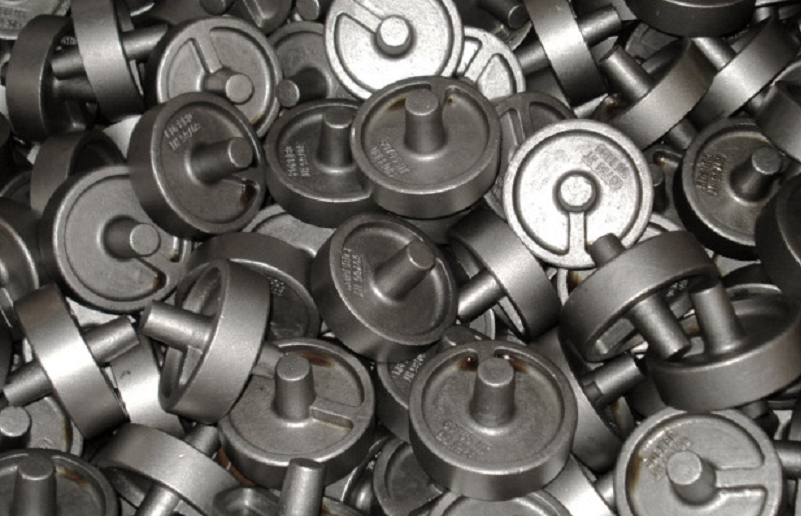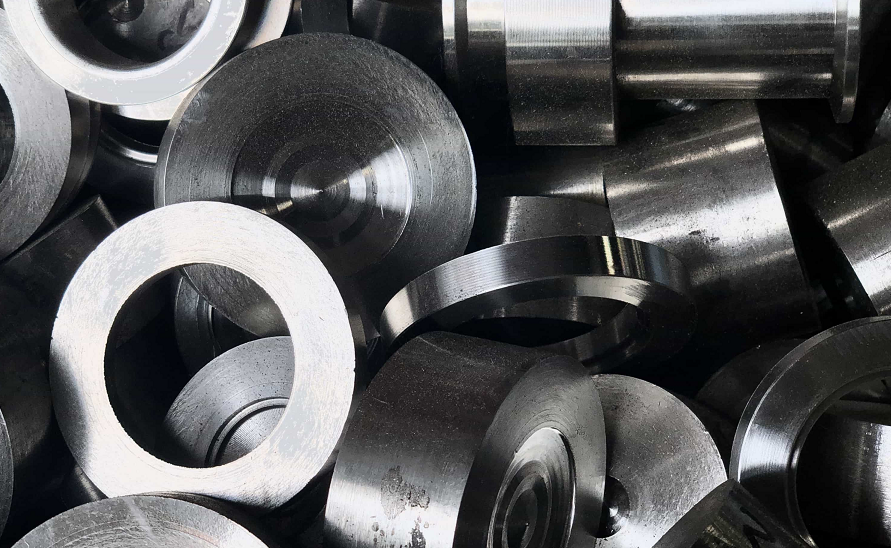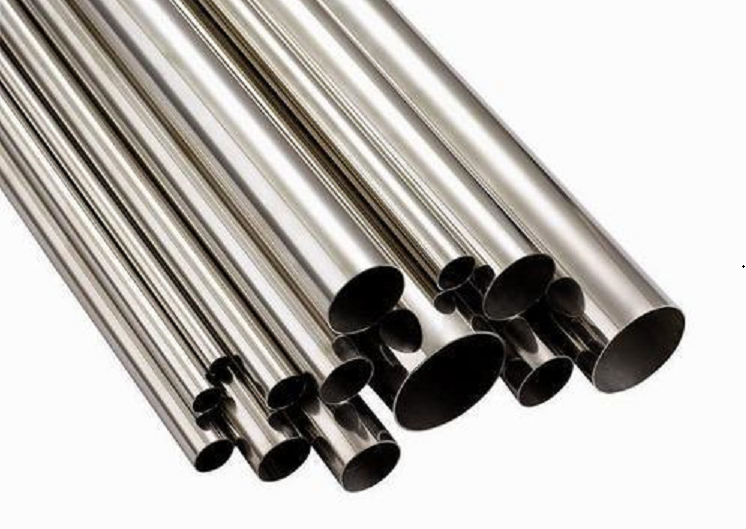4 Types of Superalloys You May Want to Know

4 Types of Superalloys You May Want to Know
Superalloys have high strength, high hardness, high corrosion resistance, high thermal stability, and good processability. Therefore, they are widely used in aviation, aerospace, automotive, medical, chemical, petrochemical, coal chemical, and high-temperature industries. In this article, we will introduce 4 major types of superalloys that can be found on the market today.

Types of Superalloys
Types of Superalloys - 1. Titanium-Based Alloy
James A. Davidson and others developed a series of new titanium molybdenum hafnium titanium-base alloys. The alloy contains 5% to 11% molybdenum, 6% to 15% hafnium, and at least one of titanium, chromium, and silicon, with a content of 2% to 3%. In addition, the alloy contains trace amounts of oxygen, nitrogen, hydrogen, and carbon, with the balance being titanium.
The titanium base alloy of the above components shows a surface with high strength, high hardness, low elastic modulus, high corrosion resistance, and hardening, and can be processed hot or cold.
The reason why molybdenum is added to the titanium-based alloy is that one molybdenum can effectively reduce the elastic modulus of the alloy. Adding 6% molybdenum is equivalent to adding 16% niobium. In addition, the addition of molybdenum can significantly improve the corrosion resistance of titanium-based alloys, especially in low pH environments because it can produce a molybdenum oxide film.
The Applications of Titanium-Based Alloy
This new titanium-molybdenum-hafnium alloy is especially used in medical implants and medical equipment, such as dental implants, intraosseous implants, heart valves, artificial hearts, ventricular muscle devices, bone clips, etc. In the non-medical field, it is widely used as oil drilling equipment, golf clubs, various fasteners, etc.
Types of Superalloys - 2. Nickel-Based Alloy
Nickel-based alloys are the most important and commonly used superalloys. As early as the mid-20th century, they were widely used in the chemical industry.
Molybdenum can significantly improve the corrosion resistance and mechanical properties of nickel, especially in reducing acids, such as acetic acid, hydrochloric acid, or phosphoric acid. In order to further improve the corrosion resistance of the nickel-based alloy and the thermal stability of the alloy, 20% to 25% of molybdenum should be added.

Nickel-Based Alloy
After years of effort, a new nickel-based alloy with high molybdenum and almost no copper has been developed. The thermal stability, strength, hardness, and corrosion resistance of the new nickel-based alloy are significantly improved. As a high-quality, advanced alloy new material, it is widely used in the manufacture of chemical equipment, pipes, valves, etc.
Types of Superalloys - 3. Iron-Based alloy
Iron-based alloys usually contain 6% to 10% molybdenum, which has high corrosion resistance, high strength, and high hardness at high temperatures, and is widely used in industrial fields such as automobiles, ships, and military industries.
Types of Superalloys - 4. Molybdenum-Based Alloy
Molybdenum-based alloys show high strength and very stable mechanical properties at high temperatures and are widely used in high-temperature industrial fields, such as high-temperature heating elements, radiant heating shields, rotating X-ray cathodes, glass melting furnace electrodes, high-temperature springs, high-strength reinforcing fibers, high-strength ballistic tubes, etc.
Conclusion
Thank you for reading our article, and we hope it can help you to have a better understanding of the types of superalloys. If you want to know more about the superalloys, you can visit Advanced Refractory Metals (ARM) for more information.
Headquartered in Lake Forest, California, USA, ARM is a leading manufacturer & supplier of refractory metals across the world. We provide our customers with high-quality refractory metals such as tungsten, molybdenum, tantalum, rhenium, titanium, and zirconium at a very competitive price.
{{item.content}}
LEVE A REPLY
{{item.children[0].content}}
{{item.content}}






